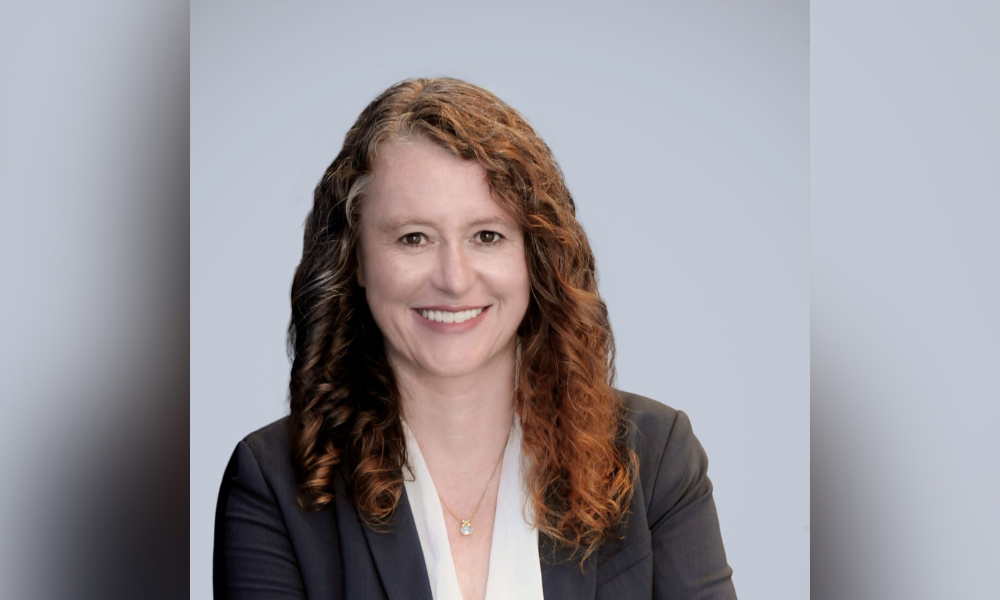“This is an opportunity to add value to a relationship by offering some support, education, advice and maybe even services,” she said.
This is important, given that the latest RBC study noted that more than half – 53% – of younger (18 to 34) Canadians wanted to include some charitable giving in their estate planning. But, she noted they can’t guarantee their money will go where they want it to if they don’t have a will. Their assets could be tied up in probate and then distributed according to their province’s laws.
Younger adults were also more likely to state what they wanted to happen to their digital assets if they died, but they often have to make those arrangements for their social media accounts while they’re alive. Many of those now have forms and processes to do that.
Kaufman said the study showed that 65% of those surveyed also still didn’t have a power of attorney (POA), which she found alarming. Only 25% said they understood the consequences of that.
Advisors also have an opportunity to provide that education to their clients, too, since those without a POA would have to have someone apply to the court to deal with their financial matters if they’re incapacitated, but not dead. That’s a challenging process, especially if a family is grieving a tragic accident for a young person, and it can take at least four to six months if no one is fighting it.


